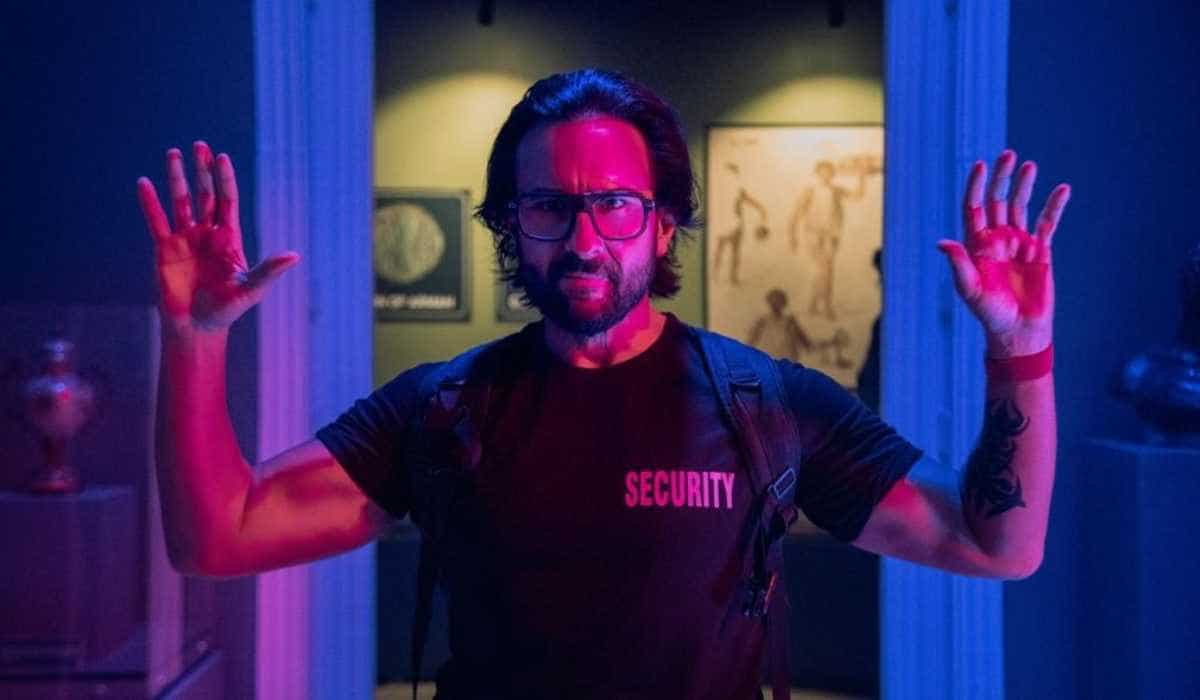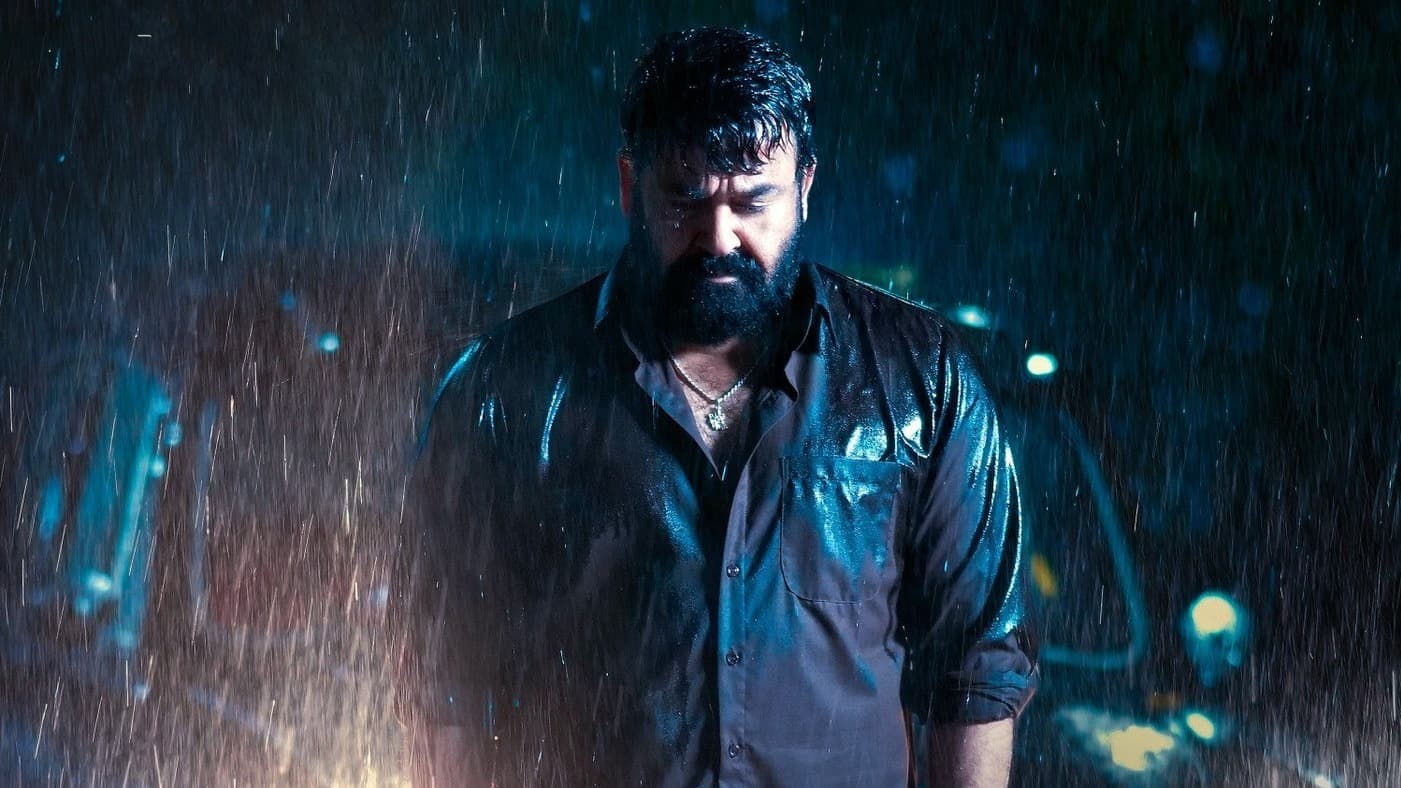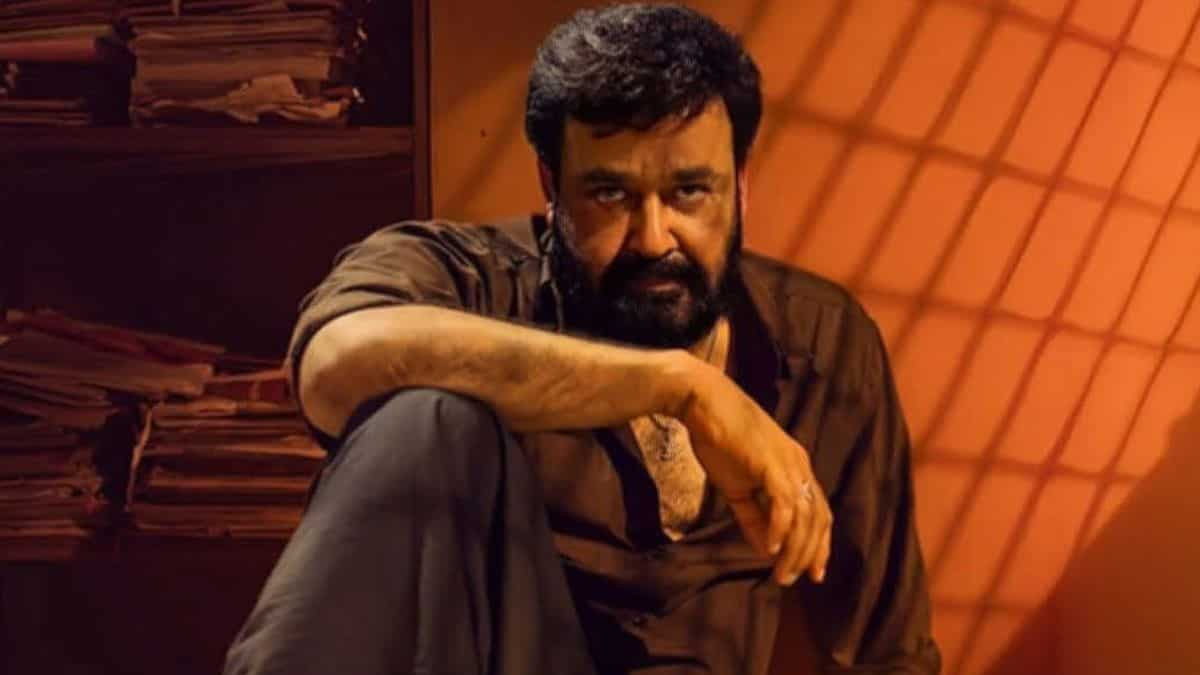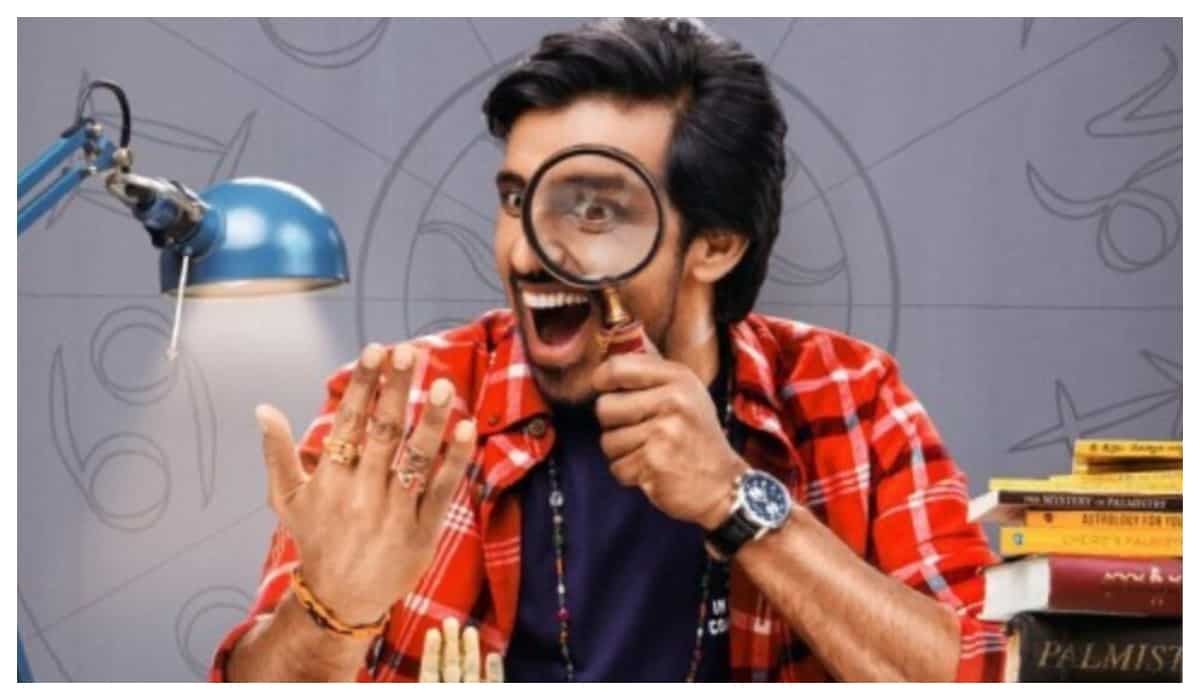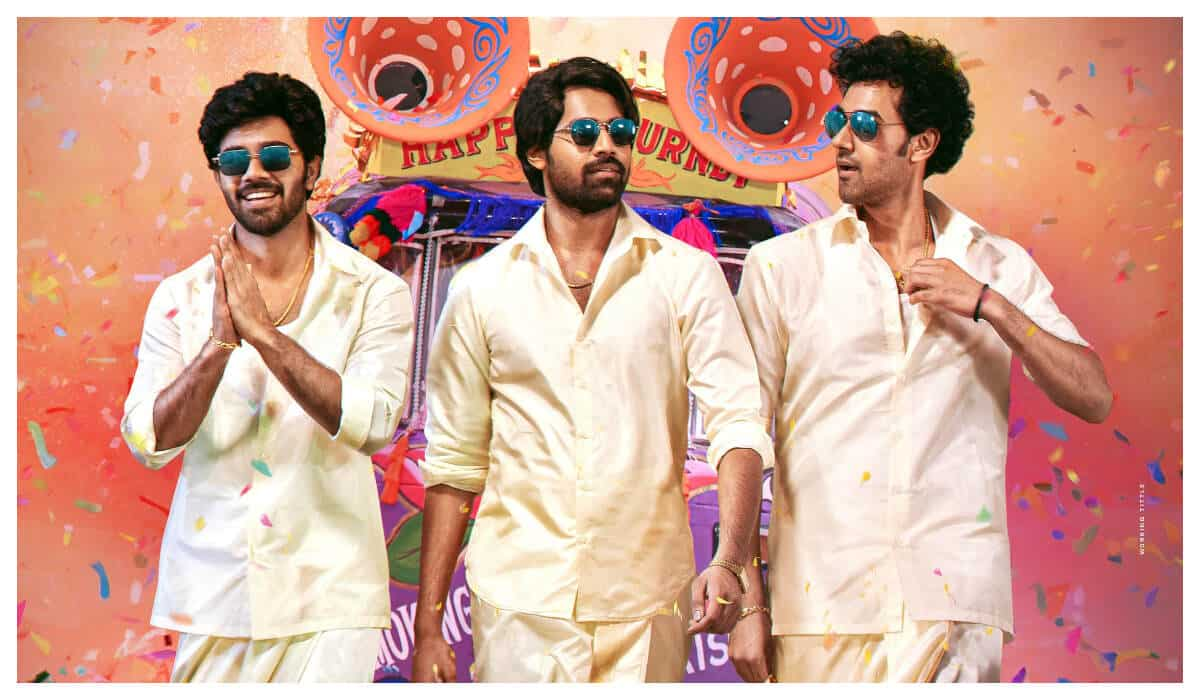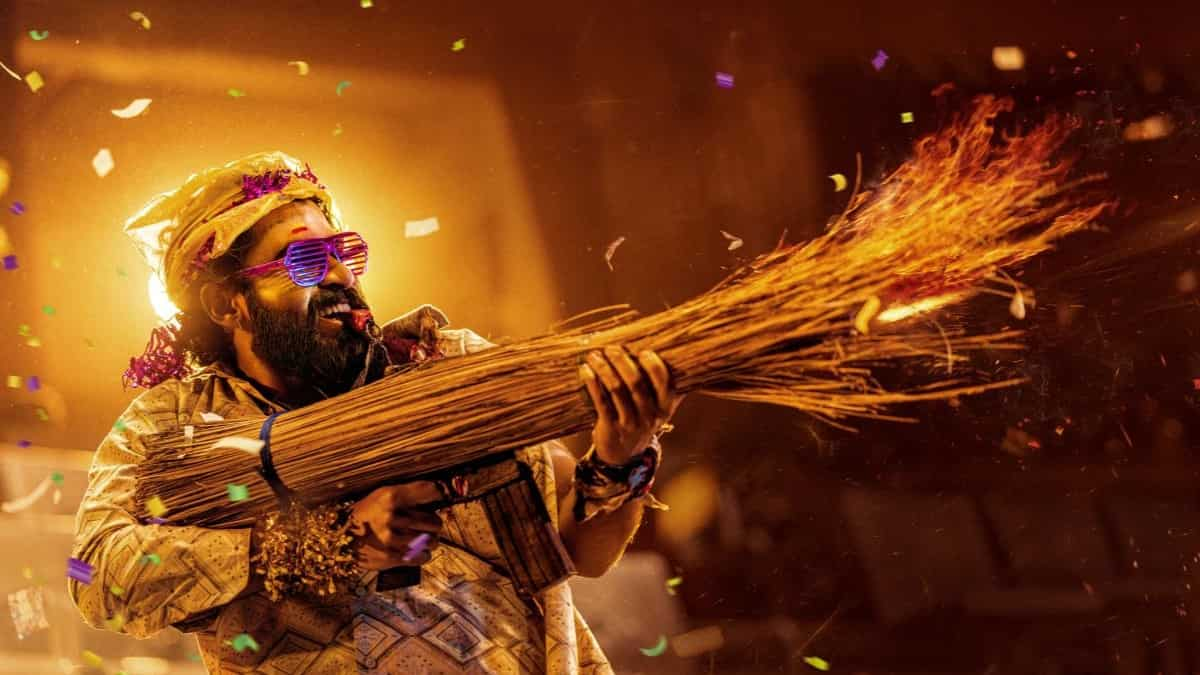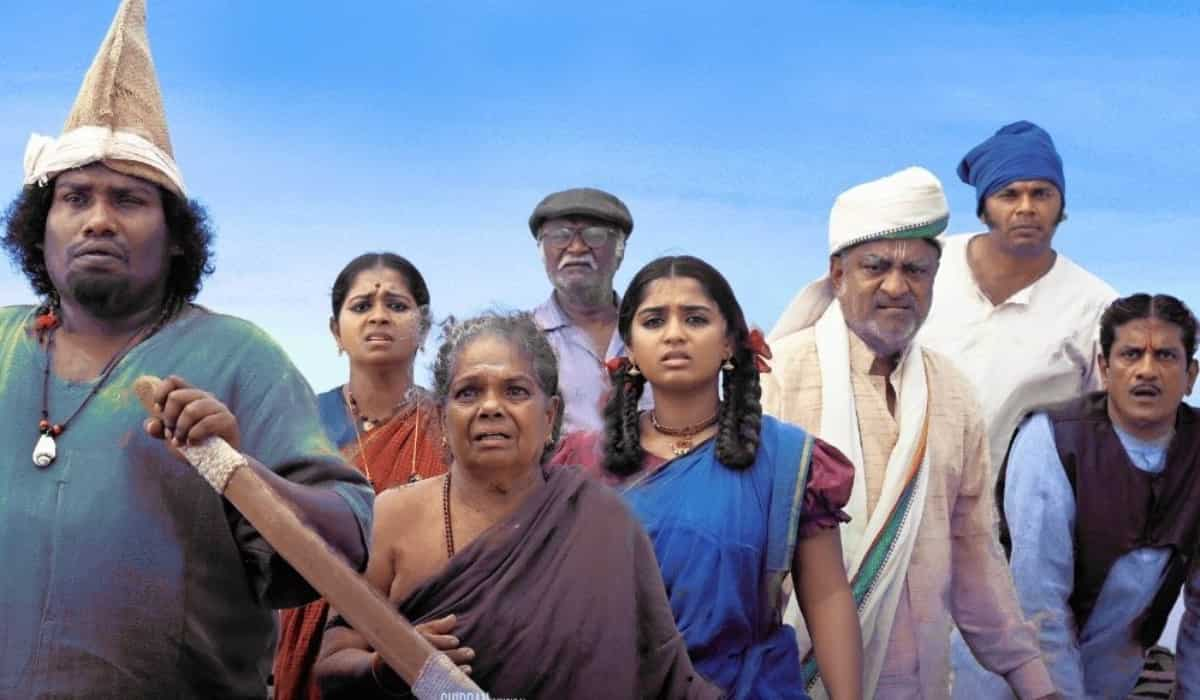
Boat Movie Review: Chimbudevan washes away an ocean of opportunities in this survival drama that struggles to stay afloat
8 months ago | 87 Views
Boat Review
Boat story
It’s 1943, a few years before India got independence from the British, and on the cusp of World War II. The Japanese bombed India, and in particular present-day Chennai, leaving people from many walks of life left scrambling for their lives.
In particular, a group of people: Telugu-speaking pregnant Vijaya (Madhumitha) and her son, an orthodox and privileged man Narayan (Chinni Jayanth), his daughter Lakshmi (Gouri Kishan), Muhammad Ali Jinnah follower Raja (ShaRa), Muthaiya (MS Bhaskar), and a Rajasthan native Lal (Chaams), get onto the boat of Kumaran (Yogi Babu) and his grandmother (Kulappulli Leela) to survive.
But as time goes by, the dangers of the sea also increase, and the group has to let go of people in order to gain a larger benefit. At the same time, they also get to know that a terrorist is hiding among them.
Boat Review
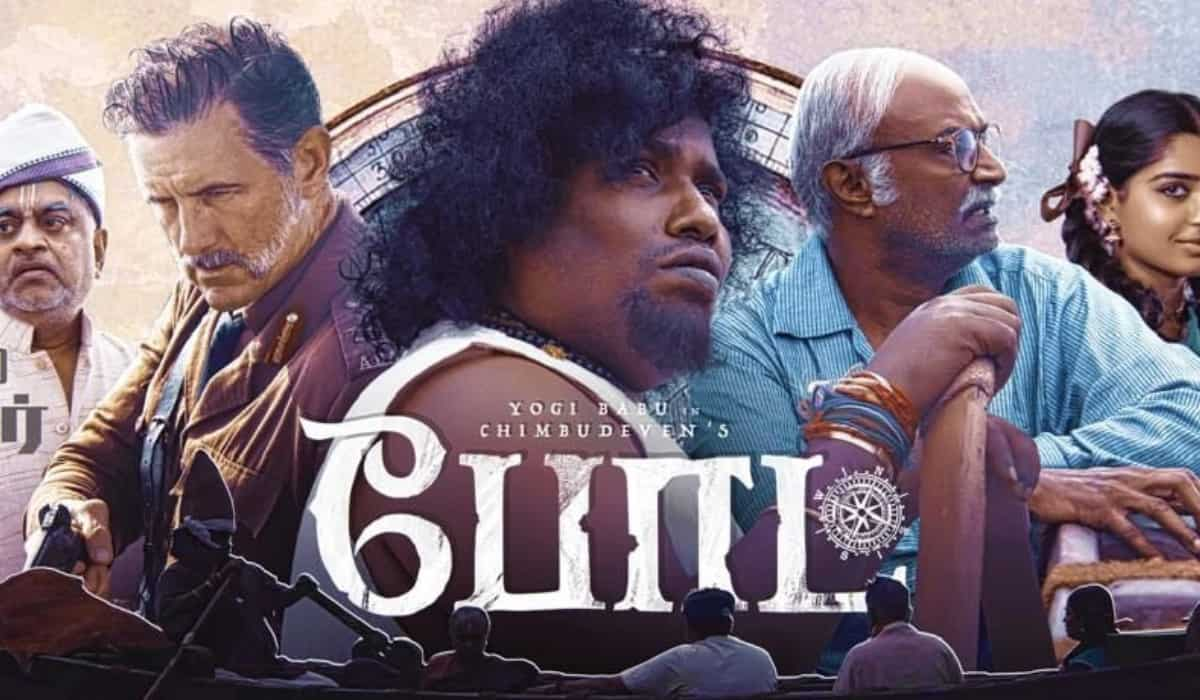
Boat is said to be based on true events, and filmmaker Chimbudevan fashions the film in the form of a survival drama, solely because the characters are stuck in a confined space (even though an endless horizon of ocean is around them).
To begin with, Boat uses mere dialogue to tell its story and, in the process, it forgets to use the visual medium that cinema is. The first 15 minutes of the film are hurried and you have to quickly understand the political climate in India, each of the character’s backgrounds, and their ideologies to get a grasp of the group. Their conflicting opinions are enough to throw daggers at each other for drama to ensue.
The film, for most parts, takes place in the ocean and there comes a point when Yogi Babu demands that any three people jump off the boat so that the rest can survive. He also says that his grandmother and himself won't take the dive, given that they are the rightful owners of the boat as well as the land they come from.
This soon turns into the talking point of the film, which Chimbudevan uses to drive the narrative. The politics of who is the son of the soil, the hierarchal oppression of the caste system, religious conflicts that led to the partition, and futuristic problems like the COVID-19 pandemic and resettlement galore the screenplay.
But if the film really wishes to be politically righteous, it fails when Boat uses Yogi Babu to body shame himself. The film also tries to recreate the divide-and-rule policy that the British famously used during their colonial rule in India, when British officer Irwin manages to get onto the boat and use his power to turn the Indians against each other.
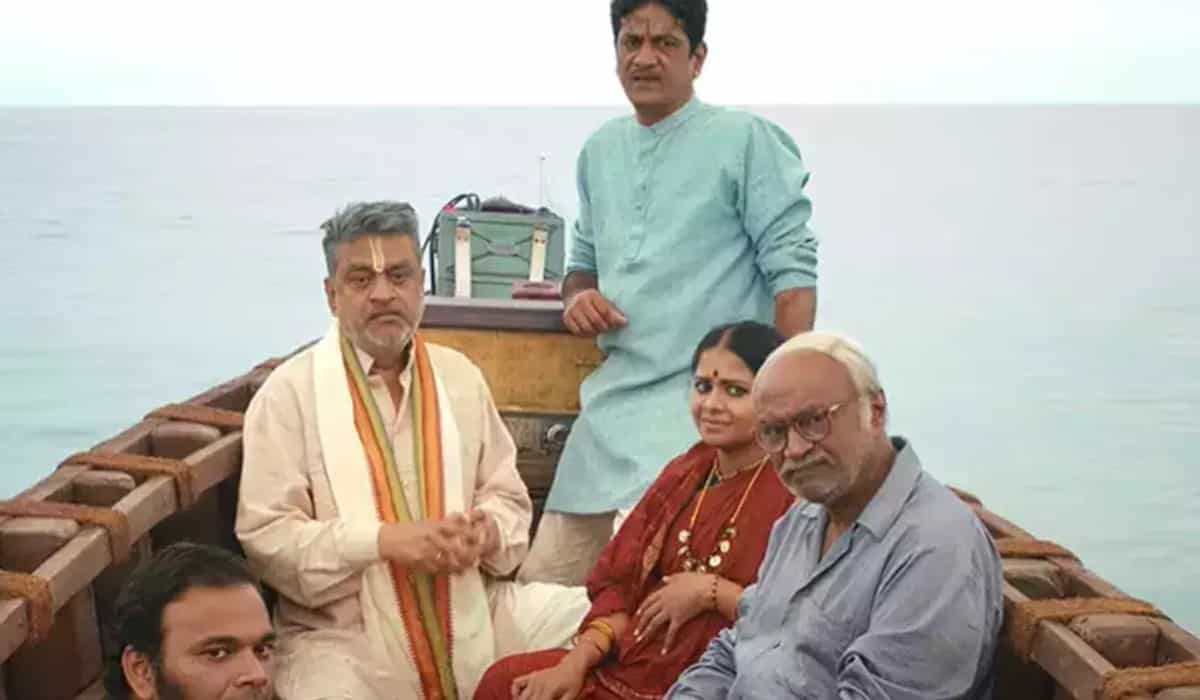
Boat also has a surprise in form of one of its characters, who turn out to be a follower of Subhash Chandra Bose and uses varma kalai to put a party to rest, and we all know a similar character from the history of Tamil cinema. Well… Chimbudevan does refer to the famous character Senapathy, and even as the worlds of Boat and Indian collide, it simply feels like Titanic meeting the iceberg before its ultimate drown.
Boat Verdict
Boat feels underwhelming and heavy at the same time, simply because the film appears to be stuck in pretty much the same spot it began. With a multi-character arc and a premise that sounds interesting as a one-liner, Boat becomes too dialogue-heavy and has characters that do not keep you invested in the film.
In fact, after a point, you understand when a frustrated MS Bhaskar says, “Idhellam venuntey dhan panringala?” (Are you all doing this on purpose?)
Read Also: Brinda review: Trisha Krishnan’s police procedural explores zealotry with sensitiveness
# Boat # YogiBabu


.webp)
